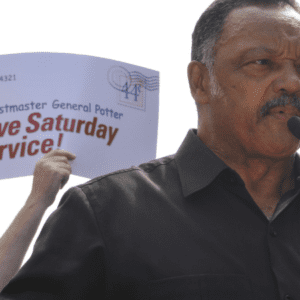March 1, 2026
Tips for Meeting with Members of Congress And Other Elected Officials
Before The Meeting
- Plan your meeting carefully, giving special attention to the message you wish to convey and the impression you want to make. Decide how many people to take, and who would best represent the union or your coalition.
- Contact the official’s staff to request a meeting. (If meeting with a U.S. senator or representative, it is better to hold meetings in the district when he or she is back from Washington. Not only will your group not have to travel far, the elected official will not be as hurried or distracted as he or she would be on Capitol Hill). Give the staff a clear idea of the subject you wish to discuss, and let them know what dates might work and who/how many people you intend to bring. Be sure to be clear about who — and how many people — your group represents.
- Designate one person to introduce the group and moderate your group’s participation in the meeting. Pick several people who can stress the points you wish to make, and make sure others have the information they will need if the elected official directs questions to them.
- Be prepared — do your homework, bring all the materials you will need, and present whatever materials you want the official to be able to refer to in the future.
During The Meeting
- Stick to the issues you planned to discuss; don’t get sidetracked.
- If you don’t know the answer to an elected official’s question, say so, and offer to provide that information as a follow up to your meeting. Don’t speculate, generalize or guess; your credibility is your currency.
- Be polite and positive — not confrontational. Even if the official does not support your position, always leave the door open.
- Be political — tie your interests to those of your community and the district and state that the official represents. You can imply that adopting your position makes good political sense for the official, but never inject political campaigns and contributions into the discussion: it can backfire, and if done on government property, it can be illegal.
- If appropriate, ask for a commitment from the official.
After The Meeting
- Thank them for their time, and thank them again in a follow up note. This gives you an opportunity to keep in touch, to invite the official to union or town hall meetings, and to express your interest in ongoing communications. This also gives you a chance to send supplementary information.
- Make sure you give a Legislative Contact Report Form to the APWU national Legislative Department about the results of any meetings you have with U.S. senators and representatives.
- Touch base with the official’s staff to make sure he or she is aware of any major developments. Their attention is often divided many ways, and they will appreciate you keeping them informed.



